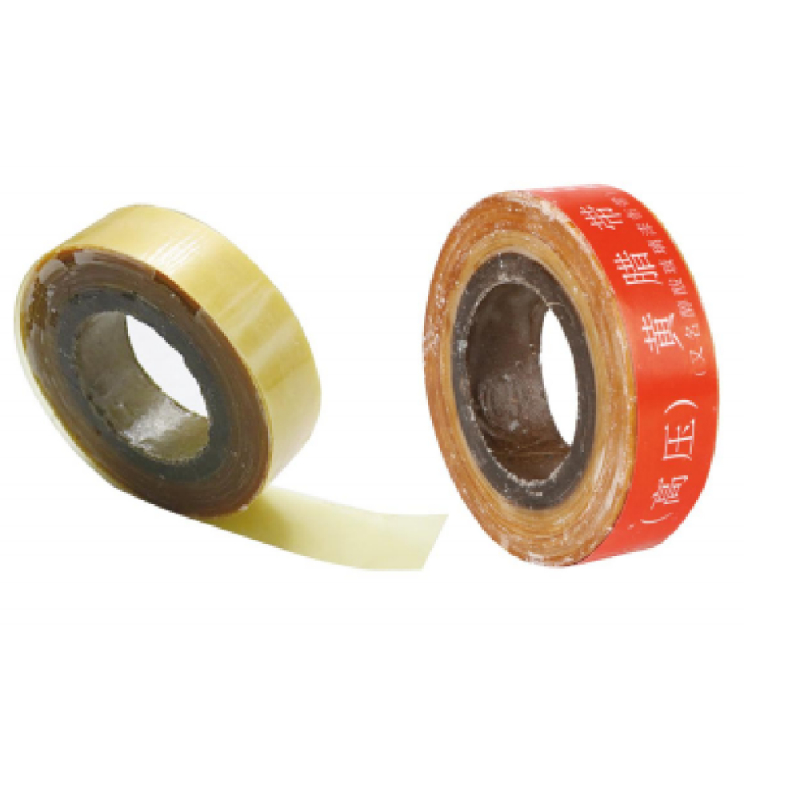The Benefits of Butyl Rubber Windshield Sealant
When it comes to automotive repair and maintenance, ensuring a tight seal around windshields is crucial for both safety and comfort. One of the most effective materials used in this application is butyl rubber. Known for its excellent sealing properties, durability, and flexibility, butyl rubber windshield sealant has become the go-to choice for automotive professionals and DIY enthusiasts alike. In this article, we will delve into the advantages of using butyl rubber sealants, their applications, and why they are essential for maintaining the structural integrity of vehicles.
What is Butyl Rubber?
Butyl rubber is a synthetic rubber that is primarily made from isobutylene, a petroleum derivative. The unique properties of butyl rubber stem from its polyisobutylene structure, which gives it high impermeability to gases and moisture. This characteristic makes it an ideal material for applications requiring airtight and waterproof seals. Butyl rubber is also resistant to UV radiation and extreme temperatures, adding to its longevity and reliability in automotive use.
Advantages of Butyl Rubber Windshield Sealant
1. Excellent Adhesion One of the standout features of butyl rubber sealant is its superior adhesion capabilities. It forms a robust bond with various surfaces, including glass, metal, and plastic. This ensures that the windshield remains securely attached to the frame of the vehicle, minimizing the risk of leaks and detachment.
2. Flexibility and Elasticity Windshields are subjected to various stresses due to temperature changes, vibrations, and impacts. The flexibility of butyl rubber allows it to expand and contract without losing its sealing properties. This elasticity helps in maintaining a tight seal even when faced with extreme weather conditions and road irregularities.
butyl rubber windshield sealant

3. Water and Air Resistance Water ingress can lead to corrosion and mold growth within a vehicle. Butyl rubber’s impermeable nature prevents moisture from entering the cabin, thereby enhancing the durability of the vehicle’s interior and electronic components. Additionally, it effectively seals out air drafts, improving cabin comfort and reducing noise.
4. Long-lasting Performance Butyl rubber is known for its exceptional longevity. Unlike some other sealants that may dry out or crack over time, butyl rubber maintains its performance, providing a reliable seal for years. This durability helps reduce maintenance costs and the need for frequent repairs, representing significant savings for vehicle owners.
5. Easy Application Butyl rubber sealants are generally easy to apply, making them suitable for both professional and DIY installations. They come in various forms, including tapes and caulks, that can be used to create a clean and precise seal around the windshield. Moreover, they cure relatively quickly, minimizing downtime during installations.
Applications Beyond Windshields
While butyl rubber is extensively used for windshield sealing, its applications extend beyond the automotive industry. It is also commonly used in constructing airplanes, boats, and buildings wherever a reliable seal is necessary. Its resistance to chemicals and acids makes it a favorite in industrial applications, ensuring long-lasting performance even in harsh environments.
Conclusion
Butyl rubber windshield sealant is an invaluable asset in automotive maintenance. Its combination of excellent adhesion, flexibility, water resistance, longevity, and ease of application makes it a superior choice for sealing windshields and ensuring a comfortable, safe driving experience. As vehicles continue to evolve in design and technology, butyl rubber remains at the forefront of sealing solutions, providing lasting protection against the elements. Whether you are a professional mechanic or a car enthusiast, using butyl rubber sealant can help you achieve the perfect seal for your vehicle, ensuring it remains safe and sound for years to come.
-
XIANGFAN Rubber Tape-Ultimate Solutions for All Your Insulation NeedsNewsJun.24,2025
-
XIANGFAN Rubber Tape-Protection for Industrial and Residential ApplicationsNewsJun.24,2025
-
XIANGFAN Rubber Tape: Superior Safety and Sealing for Demanding EnvironmentsNewsJun.24,2025
-
XIANGFAN Rubber Tape: Reliable Solutions for Every Electrical ChallengeNewsJun.24,2025
-
XIANGFAN Electrical & Industrial Tape: Powering Reliability Across IndustriesNewsJun.24,2025
-
XIANGFAN Electrical & Industrial Tape: Excellence in Every ApplicationNewsJun.24,2025
